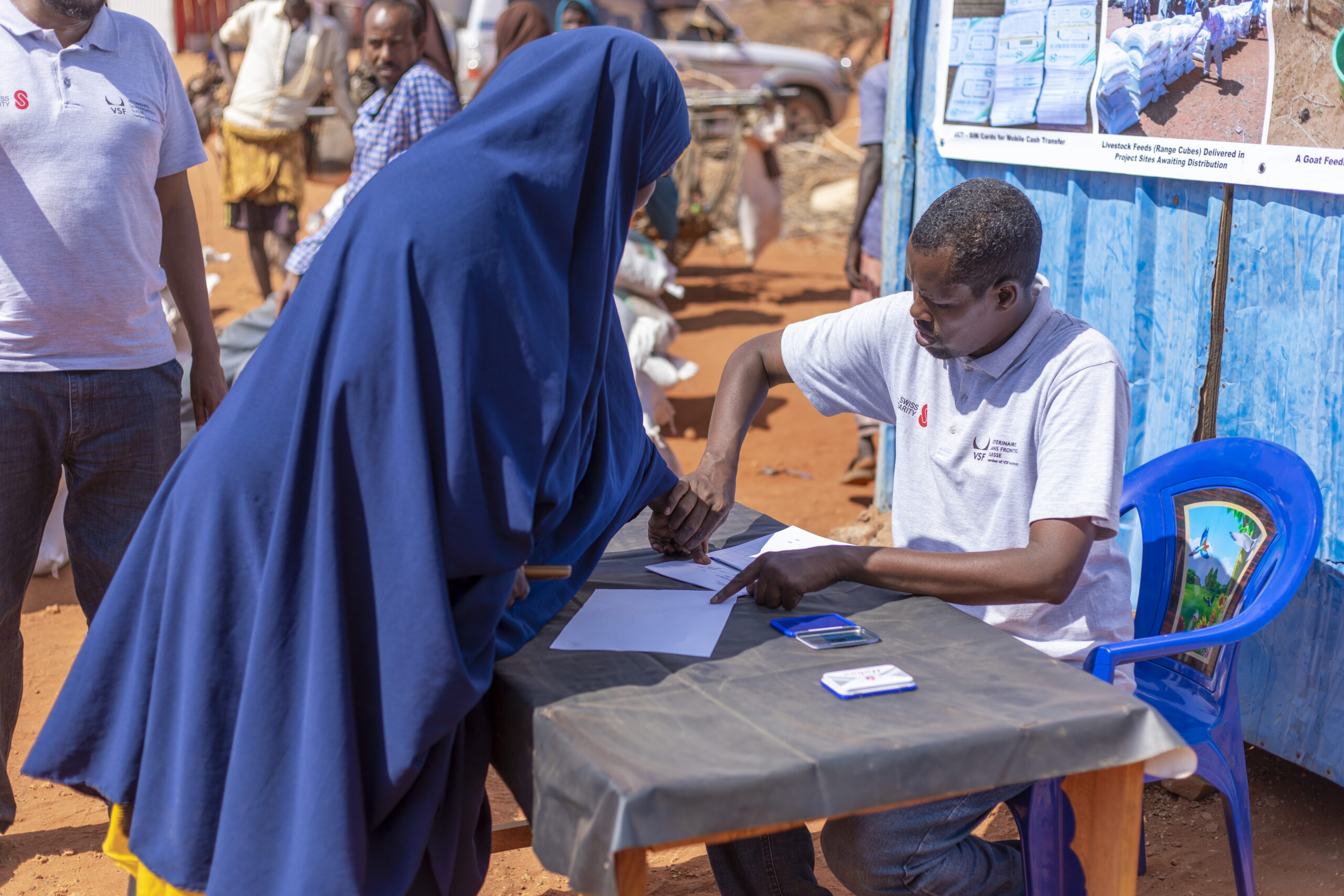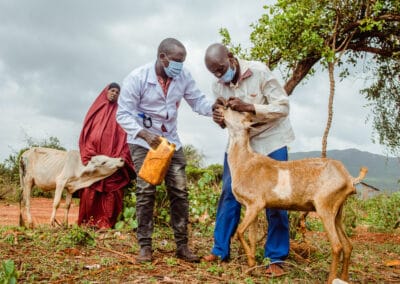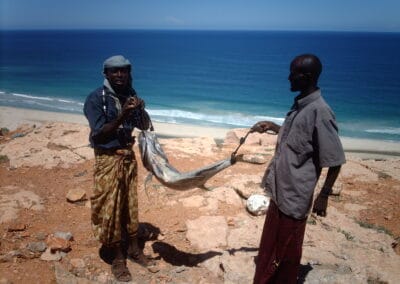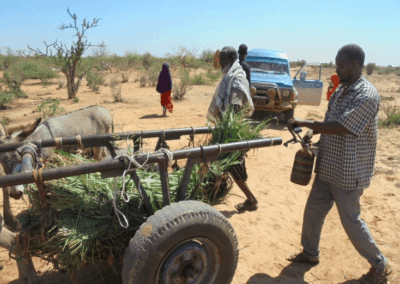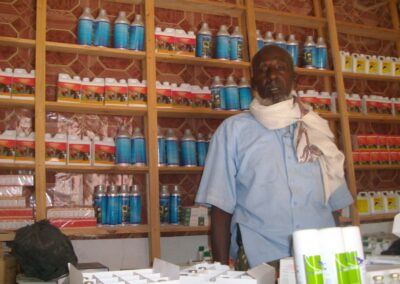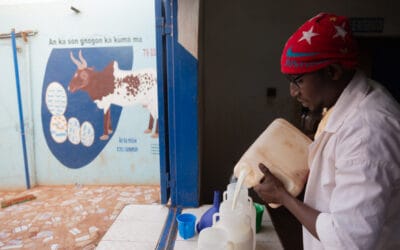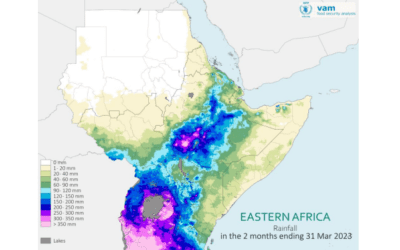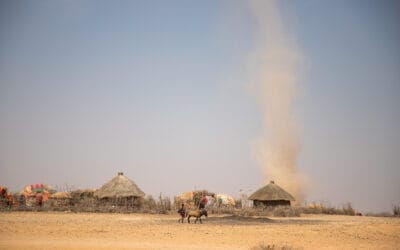Somalia
Background
With a population of 15 million and a gross domestic product per capita of $127, Somalia is one of the poorest countries in Africa. For more than twenty years, civil war raged in Somalia, followed by tribal feuds, resulting in a lack of most basic services today. The country has also been struggling with recurrent climatic shocks such as droughts and floods with increasing frequency. One consequence is that a large part of the population is affected by food crises. According to the FAO, 860,000 people suffer from food shortages.
Since the collapse of the central government in 1991, provision of higher education has been nearly nonexistent especially in veterinary medicine. Most of the senior veterinarians left the country to seek asylum abroad. Clan conflicts and harsh conditions in pastoral areas have forced those who remained in the country to move to urban centers.
Key activities
- Emergency aid for livestock production
- Water supply and sanitation
- One Health and community-based animal health services
- Small ruminant husbandry and breeding
- Holistic rangeland management
Impressions of an emergency aid project. March 2023, Gedo Region, Somalia.
Pictures © Ismail Abdihakim/VSF-Suisse/Fairpicture
Facts
On the ground since: 2000
Number of current projects: 4
Number of staff: 25 (incl. Kenya)
Offices: Country Office in Nairobi (Kenya) + Field Office in Gedo, Somalia
The Swiss Agency for Development and Cooperation SDC, Federal Department of Foreign Affairs FDFA, supports programmes in this country.
Current projects
Reference projects
News
World Food Day: together against hunger
Today, exactly 78 years ago, on October 16, 1945, the Food and Agriculture Organization of the United Nations (FAO) was founded. Since then, World Food Day has been celebrated worldwide on this day. The goal was the same then as it is today: to free people from...
Horn of Africa: from drought to flooding
Rainfall in parts of the Horn of Africa. © WFP After dry and hot weather conditions in January and February and a corresponding prolongation of the drought in the Horn of Africa, seasonal rains from March to May started on time in equatorial areas of the region and...
Update: Drought and food crisis in the Horn of Africa
Picture: Somali region, Ethiopia © FAO/Michael Tewelde The food crisis in the Horn of Africa has been worsening despite major humanitarian efforts and the latest forecasts for the coming months are worrying. The ongoing drought, rising food prices, lack of...















